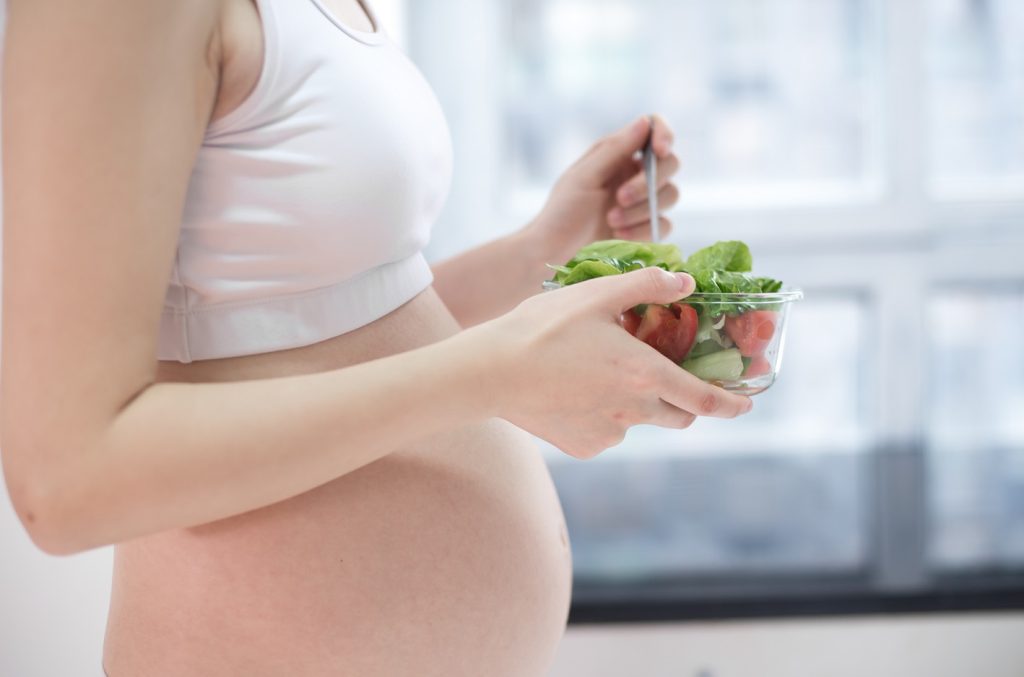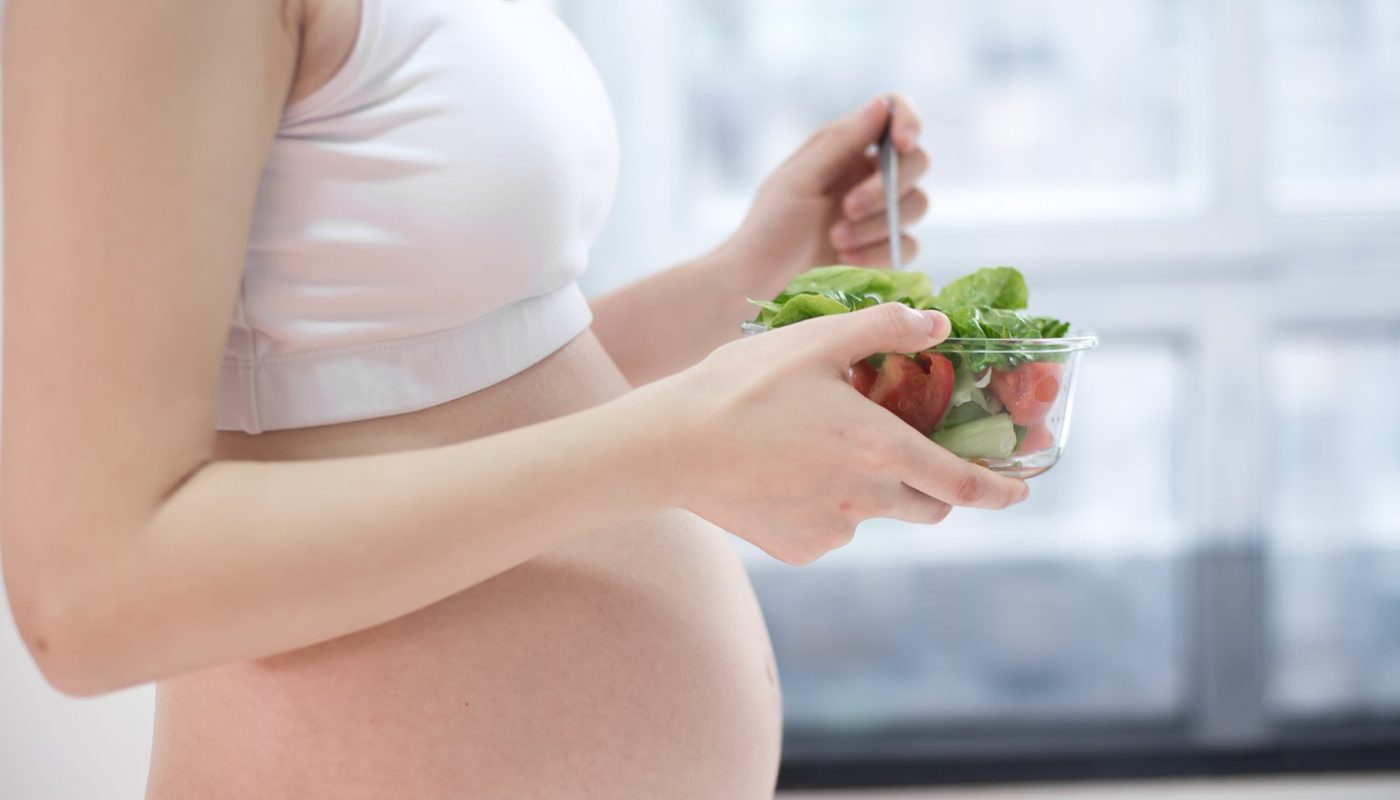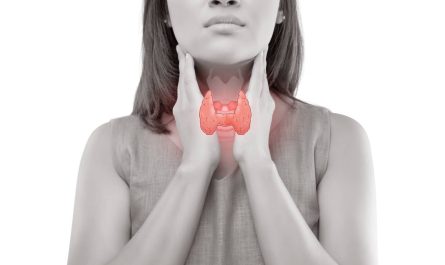Introduction:
Bringing a new life into this world is an incredible journey, but it also comes with its own set of challenges, especially when it comes to taking care of your body post-pregnancy. As a new mother, it’s crucial to prioritize your health and well-being, and one key aspect of this is maintaining a nutritious diet. Let’s have a look at the importance of a post-pregnancy diet, what foods to focus on, and how to make healthy eating a sustainable part of your new routine.
The Importance of a Post-Pregnancy Diet:

After giving birth, your body undergoes numerous changes, both internally and externally. Your nutritional needs shift, especially if you’re breastfeeding, as your body requires additional nutrients to produce breast milk and support your baby’s growth and development. A well-balanced diet not only aids in your recovery but also helps replenish essential nutrients that might have been depleted during pregnancy and childbirth.
Key Nutrients to Focus On:
- Protein is very important for tissue repair and muscle recovery, making it crucial for postpartum healing. Include lean sources of protein such as meat, fish, eggs, beans, lentils, and tofu into your meals.
- Iron deficiency is common post-pregnancy, particularly if you experienced significant blood loss during childbirth. Include iron-rich foods like lean red meat, fortified cereals, and legumes to replenish your iron stores and combat fatigue.
- Calcium is essential for bone health, especially during breastfeeding, when calcium requirements increase. Dairy products, leafy greens, fortified plant-based milk, and almonds are excellent sources of calcium.
- Omega-3 fatty acids are important for brain development in infants and can also help reduce the risk of postpartum depression in mothers. Fatty fish like salmon, walnuts, flaxseeds, and chia seeds are rich sources of fatty acids.
- Constipation is a common issue post-pregnancy due to hormonal changes and decreased physical activity. Increase your intake of fruits, vegetables, whole grains, and legumes to promote regular and healthy bowel movements and prevent discomfort.
Tips for Healthy Eating Post-Pregnancy:
- Choose whole, unprocessed foods over highly processed options to ensure you’re getting the most nutrients from your meals.
- Stay Hydrated
- Plan your meals ahead of time and batch cook whenever possible to have healthy options readily available.
- Pay attention to hunger and fullness cues, and eat when you’re hungry.
- Don’t hesitate to reach out to registered dietitians or lactation consultants for personalized guidance and support on nutrition and breastfeeding.
Conclusion:
Taking care of yourself is just as important as caring for your newborn during the postpartum period. By prioritizing a nutrient-rich diet, you can support your recovery, boost your energy levels, and provide your body with the essential nutrients it needs to thrive. Remember to be patient with yourself, listen to your body, and seek support when needed as you navigate this new chapter of motherhood.

